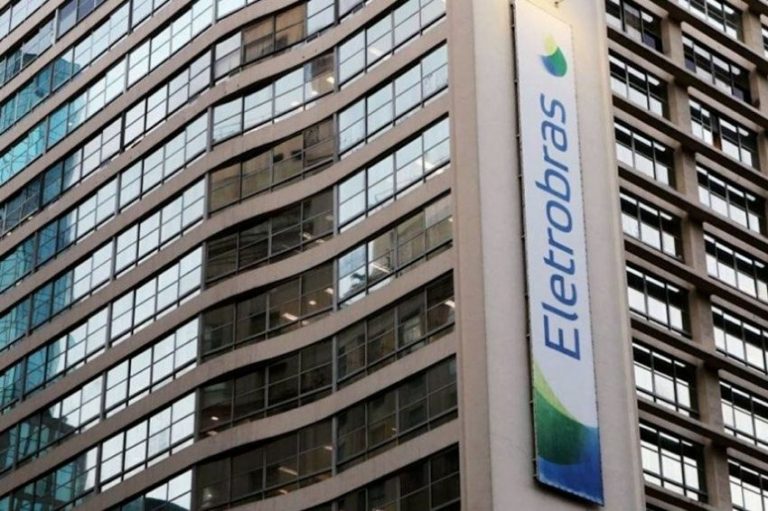MP 1031/21 (Provisional Measure No. 1031/21) includes a mechanism that ensures a minimum contracting of small hydroelectric plants over the next few years, through competitive auctions and limited to 2 GW, being essential to begin a process of rescuing the production chain of small hydroelectric plants, national 100%, with the DNA of micro, small and medium-sized national companies and holder of national 100% technology, which Brazil built, with a lot of effort, over more than 60 years.
The measure is extremely positive for the Brazilian electricity sector, for our consumers, our economy, our workers, our entrepreneurs and our environment.
It will contribute greatly to the reduction of energy tariffs and GHG (Greenhouse Gas) emissions, to the creation of jobs and the Brazilian economic recovery.
Over the last 20 years, the actions of economic and geopolitical interest groups, mostly foreign, managed to approve measures that halted the construction of new hydroelectric plants, whose share in the Brazilian matrix should reduce from 85% in 2,000, to less than 52% at the end. 2021.
The consequences were extremely negative for Brazil. From having one of the cheapest energy sources in the world in 2000, we became the 5th most expensive in the world, we denationalized our Brazilian electricity sector, we lost the independence we had from imported technologies and fuels, we had an explosive increase of more than 500% in GHG emissions of the Brazilian electricity sector, we destroyed quality jobs in Brazil (while creating jobs in Asia, Europe and North America), we transferred opportunities from our small companies and young entrepreneurs to large national and international conglomerates.
The main measures that caused this huge reduction in the participation of hydroelectric plants in general and small hydroelectric plants in particular were:
- Demands for unfair and disproportionate environmental compensation to the real impact of each source, which worked in practice as a type of “environmental dumping”, which increased the cost of building 1MW of PCH (Small hydroelectric plant) by 30% in relation to other sources, in addition to making the licensing process for a PCH take more than ten years, while that of a fossil thermal plant (with infinitely greater and irreversible impacts) is done in one year;
- Unfair and unbalanced incentives, subsidies, favors and privileges for competing sources. The national production chain of PCHs has a tax burden 38% higher than that of other sources, with imported components between 20% and 80% and;
- Poor contracting of PCHs in the last 15 years, of less than 3% of the total, which caused the sector's production chain to lose scale and pace of production;
- A series of other measures that we can detail on other opportunities.
Unfortunately, the damage accumulated over more than 20 years cannot be reversed overnight. Just as was done with gas, oil, wind and solar, it is necessary to create a development program so that PCHs and CGHs (Hydroelectric Generating Plants) develop and deliver increasingly more benefits to Brazilian society.
It is necessary to urgently reverse the unbalanced environmental requirements that artificially increase the construction costs of PCHs and CGHs by 30% (and do not generate the intended environmental benefits), as well as the reverse tax policy that charges a national industry 100%, 38% more , than its foreign competitors, with imported content between 20% and 80%.
While these adjustments and this development program do not happen, the measure decided by the Chamber is very positive, very welcome and serves as a bridge, which allows the sector's production chain to go through this period in which it is still forced to compete under unequal conditions. , unfair and unbalanced with other sources.
We are optimistic that the Senate will understand the importance of the measure for Brazilian society and will approve this measure.
For more than 60 years, the Brazilian electrical matrix, predominantly hydroelectric, built by the governments of Juscelino Kubitscheck, Getúlio Vargas and many other great Brazilian statesmen, was the cheapest, cleanest, safest, most reliable and efficient in the world. We were a source of admiration and even a certain envy throughout the world.
Brazil's vocation is hydroelectric. We have 12% of the world's fresh water. Our problem is much more a lack of water tanks than water.
That a country with 12% of the world's water is suffering from water shortages is the result of a deeply mistaken decision not to build new reservoirs and new hydroelectric plants in the last 20 years. This situation is as absurd as it would be for the Sahara Desert to face a crisis due to a lack of sand or Alaska to lack ice.
Why continue to insist on reducing the share of hydroelectric plants in the matrix, which has gone so wrong in the last 20 years? Why insist on the error? Why don't we go back to doing what worked and was hugely successful for over 60 years?

















